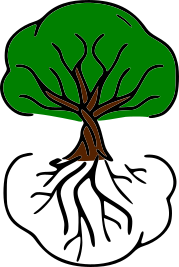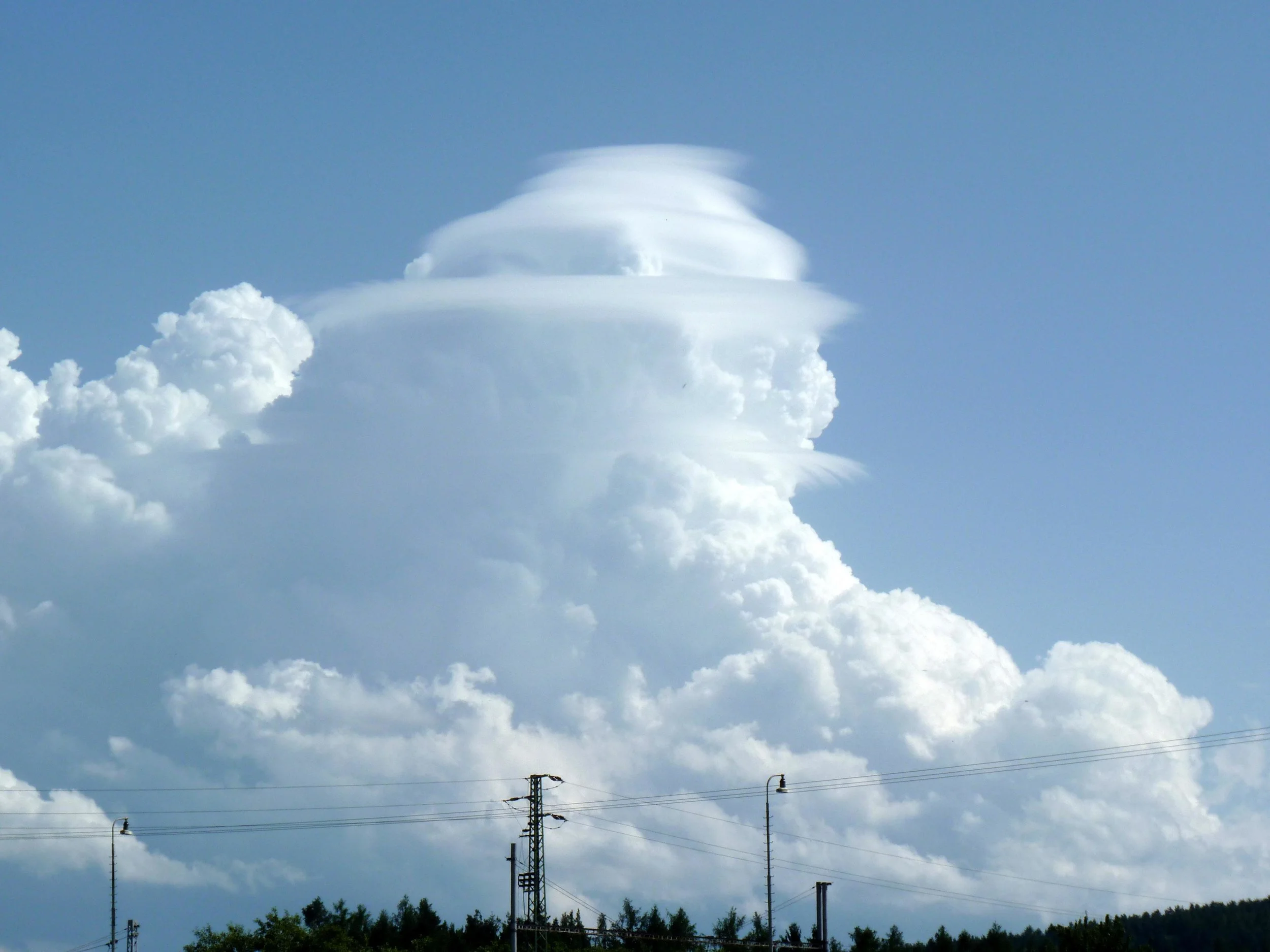As a student, each of my Environmental Education teachers assumed we had already read “Last Child in the Woods” by Richard Louv. It was so core to Environmental Education, it must have been covered in another course, right? It wasn’t until April 2021, more than 10 years since becoming a student in Environmental Education, that I finally read this sacred text.
Except…it isn’t sacred. There are some problematic views in this book. If we do not address these issues, we will not be able to fully achieve our goal; show kids how to learn from the land. Below are the three points we need to address in Environmental Education if we are to fully educate the next generation of life-long learners.










